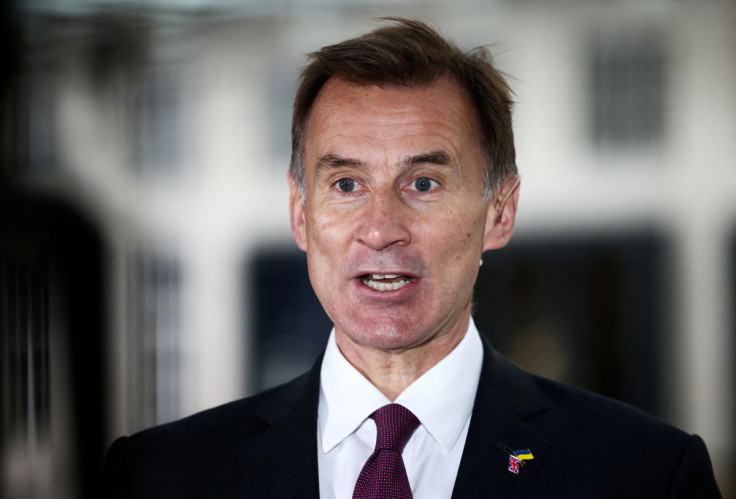Government Issue Huge Pay Increase As A Step Towards Ending Poverty In The UK
The National Living Wage will increase in 2024 to end low hourly pay for full-time workers and those hit hard by the cost of living crisis across the UK.

From April 2024, the UK has issued a pay rise of more than one pound an hour for full-time employees. The Chancellor, Jeremy Hunt, is set to deliver the new pay rise, which will see annual wages increase by £1,800.
After a long year of disputes amongst union workers regarding low wages and exhausting work hours, the National Living Wage will see its biggest cash increase in more than a decade.
The pay increase marks the National Living Wage doubling in cash terms since 2010, from around £10,500 to almost £21,000 for full-time workers each year.
In January this year, union workers including teachers and transport staff, announced a strike action that affected more than three million people across the UK.
Last year, in the UK, 40,000 teachers left the profession as a result of the controversial working conditions and an additional 4,000 retired.
With the pay boost at almost 10 per cent, full-time workers who earn the minimum wage will see their pay jump from £10.42 to £11.44 an hour.
According to the Conservative authorities, the National Living Wage increase fulfils the government's manifesto and pledge that seeks to end low pay for working-class residents of the UK.
In a statement, Jeremy Hunt, the Chancellor of the Exchequer, noted: "Next April all full-time workers on the National Living Wage will get a pay rise of over £1,800 a year. That will end low pay in this country, delivering on our manifesto promise."
"The National Living Wage has helped halve the number of people on low pay since 2010, making sure work always pays," Hunt added.
In his Autumn Statement tomorrow, Thursday 23 November, the Chancellor will set out further strategies to boost wages across the country.
After Brexit inherently pushed the UK into the current cost of living crisis, and according to the Institute of Government and Public Policy, it has been estimated that "14.5 million people are living in poverty, which represents 22 per cent of the population".
The Tory Party have since been criticised for making reckless decisions that have left a huge 4.2 million children in the UK living below the poverty line.
According to the Department for Business and Trade, it is estimated that a staggering 2.7 million workers across the UK will benefit from the National Living Wage increase in April 2024.
The National Living Wage was introduced in 2016 and previously ensured that those over the age of 23, earned the minimum hourly pay.
In 2024, the boost to the National Living Wage will also be followed by the age threshold being reduced from 23 years to 21 years for the first time.
It has been reported that the National Living Wage Increase will benefit young persons the most, as those aged 21 will earn almost £2,300 more each year as full-time workers.
In spring next year, 21-year-old full-time employees will see their wages increase by 12.4 per cent, from £10.18 an hour to £11.44 an hour.
Younger workers who earn the National Minimum wage will see an increase in their wages as well. Those aged 18 to 20 will receive a wage boost of £1.11 an hour, generating a new minimum of £8.60 per hour.
The minimum wage for an apprentice will also be boosted next year, allowing 18-year-olds working an apprenticeship to see an hourly pay increase of more than 20 per cent.
In industries including construction and business, the rate will jump from £5.28 to £6.40 an hour.
Due to regular increases in the National Living Wage, the proportion of workers on low hourly pay has more than halved.
Since 2010, 21.3 per cent of the population represented those earning basic wages. In 2023, the number of people on low hourly pay has dropped to 8.9 per cent.
© Copyright IBTimes 2025. All rights reserved.






















